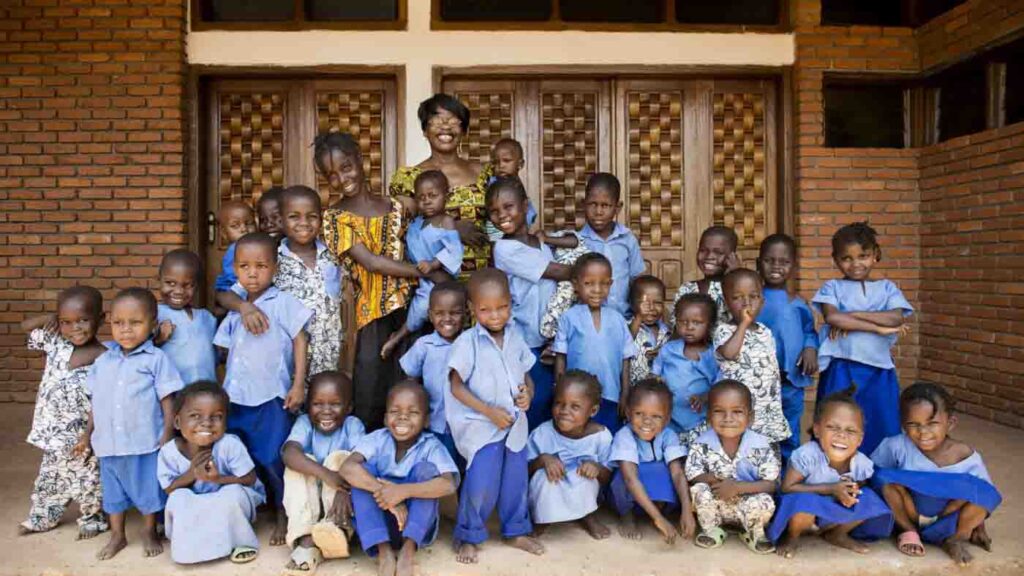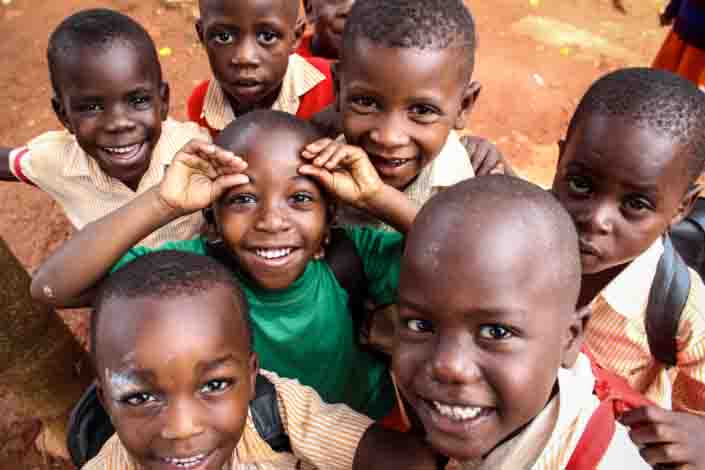United Kingdom (Commonwealth Union)_ According to the Commonwealth Secretary-General, the Commonwealth must collaborate to eliminate institutional care of children and revise protection services so that every child is secure, protected, and capable of reaching his or her full potential. She made her remarks during a recent roundtable conference that convened government officials, stakeholders, and experts to address the implementation of the Kigali Declaration on Child Care and Protection Reform. The agreement is one of the four declarations unanimously adopted by Commonwealth Heads of Government in Rwanda in June.
The Declaration is a historic agreement of the Commonwealth nations that pays special interest in protecting and restoring the rights of children in the wake of the COVID-19 pandemic, with special emphasis on the most marginalized and disenfranchised. The agreement covers commitments to eliminate orphanages in the Commonwealth in favor of community care, to address the underlying causes that result in the separation of parents and kids, to develop sustainable and effective safeguarding systems, and to completely eradicate child labor in all its forms, such as forced labor, trafficking, and sexual exploitation.

According to Commonwealth Secretary-General, Rt. Hon. Patricia Scotland KC, over five million children still reside in institutions across the world. Approximately 80% of these youngsters are not orphans; they have at least one living parent. However, their institutionalization exposes them disproportionately to vulnerabilities and marginalization, which might hinder their growth and life opportunities. According to the Convention on the Rights of the Child, every kid is entitled to a happy and meaningful childhood. Growing up in a family environment is essential to a child’s well-being and growth. She added that this is just one of several areas where the Commonwealth can make a significant difference.
The Secretary-General urged the members of the commonwealth to collaborate together to prioritize support for, investment in, and reform of child care and protection services in order to allow children to live without any form of abuse or discrimination; to enjoy their civil, political, social, and cultural rights; and to flourish as equal, valued, and productive human beings. She added, “We cannot afford to fail our children; therefore, we must make their well-being a top priority and guarantee that every kid in the Commonwealth is secure, protected, and able to reach his or her full potential.”
Further, the Declaration acknowledges that child protection and safeguarding are cross-cutting concerns with significant ties to the work of the Commonwealth Secretariat on youth, disability, health, education, and early childhood development. The year 2023 has been considered the Year of Youth, a pivotal year dedicated to the empowerment and inclusion of the 1.5 billion Commonwealth youth residents under the age of 30. The purpose of the roundtable conference was to reach an agreement on the successful implementation of the Declaration and to agree on cooperation between Commonwealth governments and civil society organizations with the assistance of the Commonwealth Secretariat.

Other participants and speakers who attended the conference are Joseph Kabakeza, First Counsellor from the Rwandan High Commission; Mark Waddington, Chief Executive Officer of Hope and Homes for Children, a civil society organization collaborating with the Rwandan government on the Declaration initiative; and David Jones, head of the Commonwealth Children Interest Group, Children of the Commonwealth. According to Mr. Kabakeza, the Kigali Declaration on Child Care and Protection Reform identifies several areas that must be prioritized. He added, “Throughout our stay as Commonwealth Chair-in-Office and beyond, Rwanda will continue to cooperate with partners and the Commonwealth network to support the Kigali Declaration.”
According to Mr. Waddington, eradicating orphanages is a prerequisite for establishing efficient child protection and care systems and the way to achieving the most difficult Sustainable Development Goals. He further added that the Kigali Declaration, adopted at the 2022 Commonwealth Heads of Government Meeting in Rwanda, recognizes this urgency for action and positions the Commonwealth at the forefront of this global campaign. Moreover, countries around the Commonwealth are proving that care reform is possible, and there is a lot of knowledge to be shared, and that this discussion was a major step towards the goal.
















